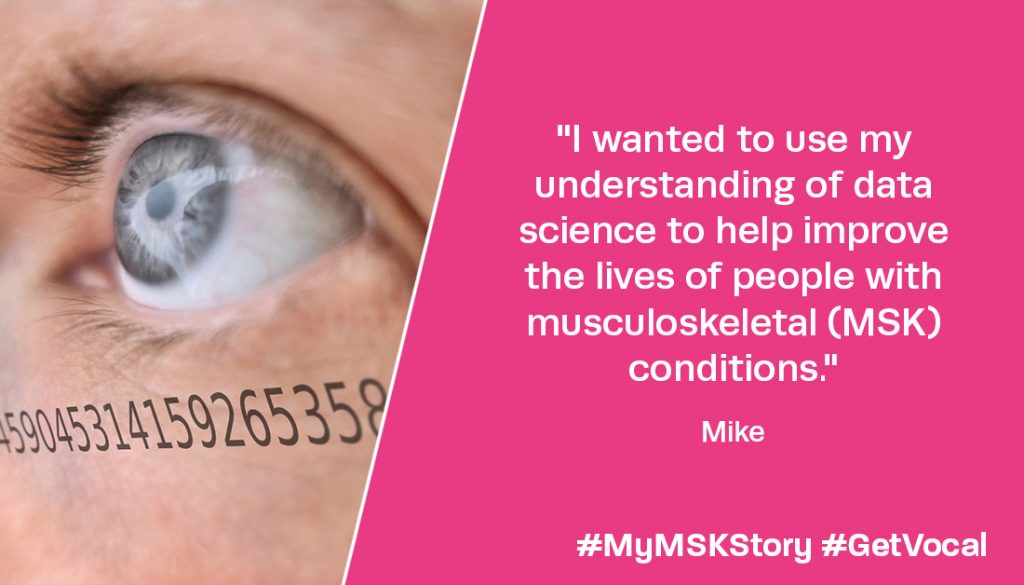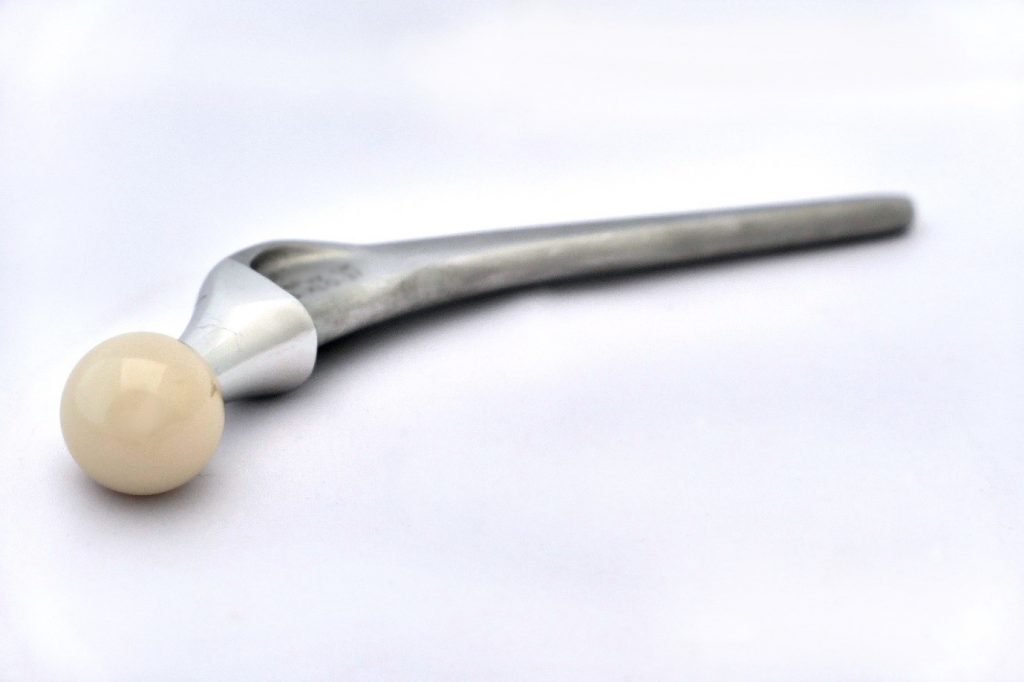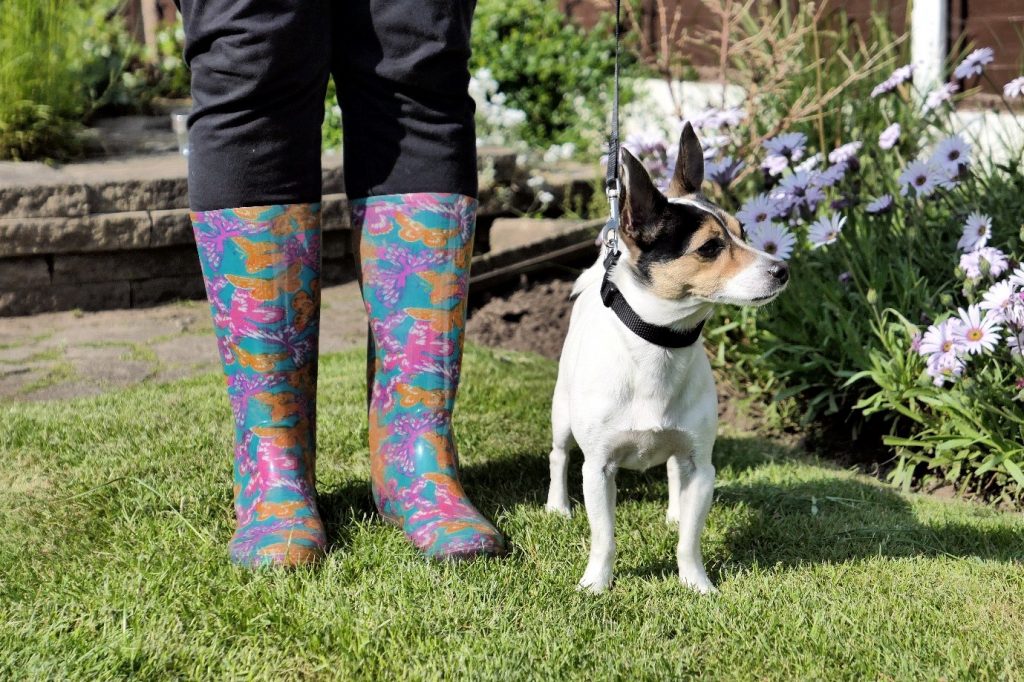
Research Improves Lives – #MyMSKStory
Our colleagues at Vocal have collaborated with people living with a musculoskeletal (MSK) condition and MSK researchers from the NIHR Manchester Biomedical Research Centre to share stories about physical movement, self-management, and research. Search #MyMSKStory on Facebook and Twitter or follow @letsgetvocal to find out more.
Here’s Mike Cook’s story:
I originally studied maths and computer science at university, before working for 8 years as a data analyst for a local authority. I was really happy to join the Centre for Musculoskeletal research at the University of Manchester in 2014 because I wanted to use my understanding of data science to help improve the lives of people with musculoskeletal (MSK) conditions, such as osteoarthritis.
Osteoarthritis is a painful condition affecting joints such as hips and knees which can make it difficult to move around and can have a significant impact on people’s lives.
I am currently working on a research project looking at outcomes following hip and knee replacement surgery. Using large databases of anonymous data collected by the NHS, we will provide new information to help people living with osteoarthritis and healthcare professionals in deciding the best treatment available.

Being able to contribute to our understanding of musculoskeletal conditions to improve patient care is important to me because I understand the impact these conditions can have on people’s lives.
My grandmother has advanced osteoarthritis. She used to enjoy going out shopping, visiting family, and walking her dog. However, her condition made it increasingly difficult to do these things. She said to me recently that she would love to be able to take her dog for a walk.
In the 1960s, there was a revolutionary development in the treatment of osteoarthritis, when Professor Sir John Charnley pioneered hip replacement surgery at Wrightington Hospital in Lancashire. During hip replacement surgery, the damaged hip joint is replaced with an artificial joint.

Most people who have hip replacement surgery experience a significant improvement in pain and mobility, making hip replacement surgery a remarkably successful intervention which has benefitted millions of people around the world. I believe that this shows that through continuous research, we can improve our understanding of musculoskeletal health and improve the lives of people living with these conditions.
My family member recently had hip replacement surgery and soon hopes to be able to continue to enjoy things that are important to her, like taking her dog for a walk.

Interested in shaping research? Join Vocal’s friendly Musculoskeletal Research User Network and #GetVocal
Learn more about Mike Cook and his research here.


0 Comments